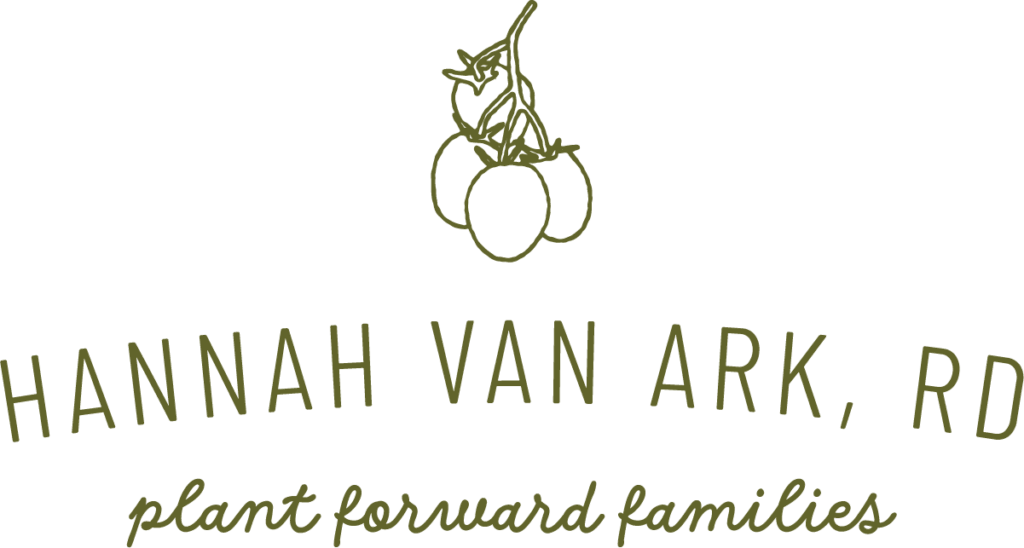Probably the most common request I get as a dietitian is, “Can you give me a meal plan?”
While lots of my colleagues tend to roll their eyes at this, I really hear you on this point! If you just had a scripted plan about what to eat to improve your health, or lose weight, it seems like the quickest way to success.
But as dietitians know, and as you may suspect by now, meal plans alone don’t produce those results.
Think about it — there are a MILLION free meal plans out there for weight loss. If all it took was downloading one, we wouldn’t all still be struggling to lose weight.
The problem with a cookie-cutter meal plan is it doesn’t teach you the PROCESS to meal plan, and it doesn’t take into account your personal characteristics.
There’s no way a meal plan created by someone else can know your preferences, your time commitments, how much time you like to spend in the kitchen, what foods your family would like, what your work schedule is like, or even your portion needs that will help you reach YOUR specific goals.

I’m an advocate of helping my clients learn to plan.
I believe that building skills and capability in this area gives people the best chance of sticking to their health goals long-term.
But where do you even start? Check out my top 3 tips below for meal planning for beginners.
Tip #1: Start small.
Don’t start your meal planning journey by scripting out every breakfast, lunch, dinner and snack for the week. You may decide that this is the place you want to get to eventually, but if that’s how you start, 9 times out of 10 you will feel VERY overwhelmed and it will take too much time to feel sustainable.
Start by planning out a limited number of meals. For example, three dinners for the first week. Then slowly build to include more meals as you get more comfortable with the process.
Tip #2: Pick meals you enjoy.
Don’t overlook this! If you feel like a meal is “healthy” but it doesn’t sound appetizing to you, you might find yourself looking for an excuse not to eat your prepared food, or develop an association between meal planning and icky food.
It doesn’t have to be that way. Start by planning meals that have some healthy components (like lots of whole, plant foods) but that you still feel like you’ll enjoy.
Tip #3: Save your recipes.
Keeping a bank of recipes that you’ve tried and liked makes meal planning easier the next time around. You can save them in a bookmarks folder on your computer, download meal planning and recipe storage software, use a Pinterest board, or even an Excel sheet! Just store them somewhere.

At its root, meal planning does not have to be complicated. Meal planning is a form of self-care in which you prioritize having nourishing foods on hand for yourself throughout the week — that’s it!
If you feel like you could use a little more support, my 90-day Plant-Forward Program teaches you how to meal plan with my simple 5-step method. You’ll also receive recipe collections and a meal planning worksheet to have you planning like a pro in no time!
Click here to apply for the program today.




